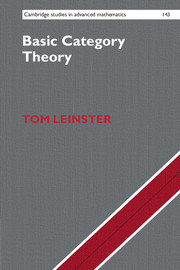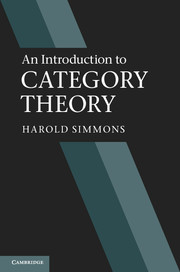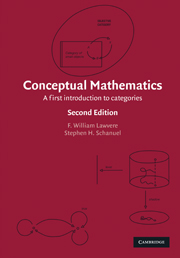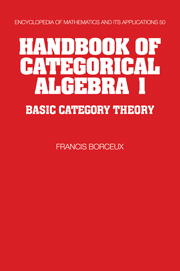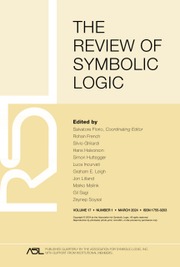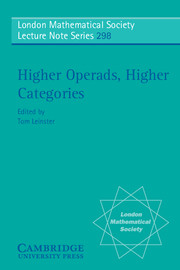Basic Category Theory
At the heart of this short introduction to category theory is the idea of a universal property, important throughout mathematics. After an introductory chapter giving the basic definitions, separate chapters explain three ways of expressing universal properties: via adjoint functors, representable functors, and limits. A final chapter ties all three together. The book is suitable for use in courses or for independent study. Assuming relatively little mathematical background, it is ideal for beginning graduate students or advanced undergraduates learning category theory for the first time. For each new categorical concept, a generous supply of examples is provided, taken from different parts of mathematics. At points where the leap in abstraction is particularly great (such as the Yoneda lemma), the reader will find careful and extensive explanations. Copious exercises are included.
- Quickly arrives at the most important concepts
- Assumes less background than most introductions to the subject
- Derived from the author's own experience teaching the subject at Master's level
Product details
July 2014Hardback
9781107044241
190 pages
235 × 156 × 15 mm
0.4kg
100 exercises
Available
Table of Contents
- Note to the reader
- Introduction
- 1. Categories, functors and natural transformations
- 2. Adjoints
- 3. Interlude on sets
- 4. Representables
- 5. Limits
- 6. Adjoints, representables and limits
- Appendix: proof of the General Adjoint Functor Theorem
- Glossary of notation
- Further reading
- Index.

